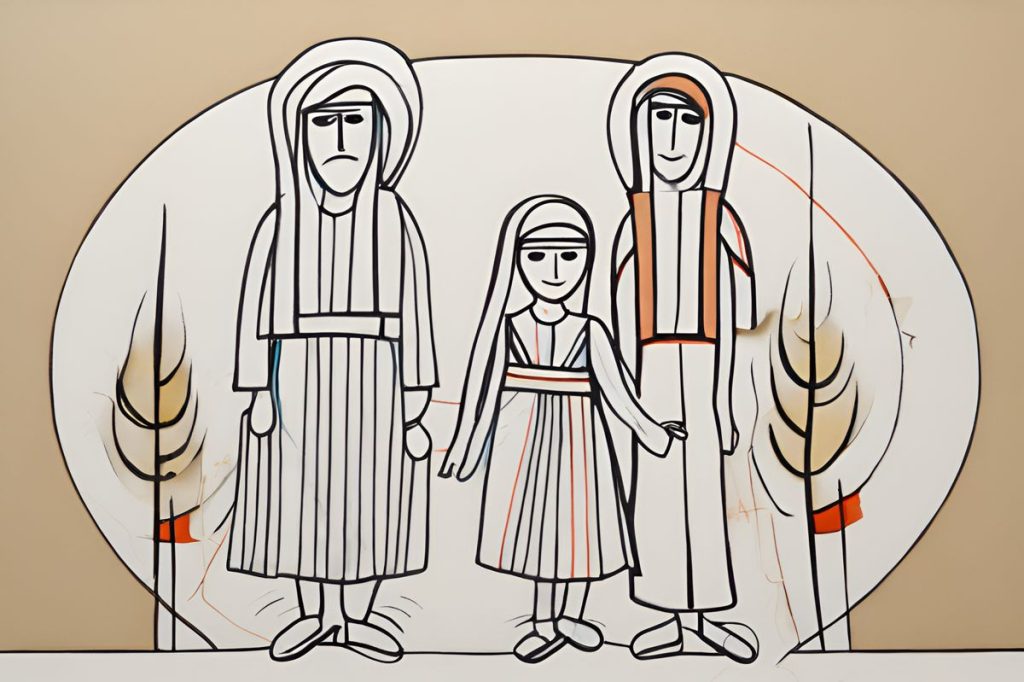Decades of embargoes have left Turkish Cypriots facing economic hardship and social isolation, impacting their access to essential goods and participation in international sports and cultural exchange. The restrictions have exacerbated intercommunal mistrust and hindered efforts towards reconciliation, highlighting the need for a reassessment by the Greek Cypriot government and the international community to forge a path towards equality and human rights.
What have been the economic and social impacts of the embargoes on Turkish Cypriots?
The embargoes on Turkish Cypriots have led to severe economic deprivation, restricting access to essential goods and halting economic activity. Socially, they’ve isolated athletes by limiting participation in international sports and affected cultural exchange. These restrictions have impaired quality of life, exacerbated intercommunal mistrust, and hindered efforts toward reconciliation.
A History of Division and Economic Strife
It was in the early 1960s that the Turkish Cypriot community first faced a series of embargoes, marking the beginning of a long-standing economic struggle. As we reach the 60th anniversary of these restrictive measures, it becomes increasingly important to reflect on their implications. These embargoes, often described as spiteful and unfair, were not solely a response to intercommunal strife but were deeply rooted in the complexities of Cyprus’s political landscape.
Historical accounts, such as Pierre Oberling’s “The Road to Bellapais,” provide detailed insights into this turbulent period. The conflict between Greek and Turkish Cypriots during 1963-64 led to devastating consequences for the latter community. Approximately 25,000 Turkish Cypriots were displaced, turning into refugees in their own land, while hundreds of their homes were destroyed or damaged. The economic embargo that ensued only compounded their suffering by halting economic activity and restricting access to essential goods.
The Cost of Exclusion
The economic blockade implemented by the Greek Cypriot side ensnared Turkish Cypriots in a cycle of deprivation. Essential items, from construction materials like cement and sand to everyday necessities such as rubber boots and woollen clothing, were prohibited. The list of banned “strategic materials” was extensive, and the impact was multifaceted, affecting not just military preparedness but also the quality of life and economic resilience of the entire community.
This period of economic suffocation did not go unnoticed by the international community. United Nations forces, after recognizing the severity of the situation, allowed the passage of essential foodstuffs to prevent widespread starvation. Despite this intervention, the embargoes persisted, with the Greek Cypriot government imposing additional taxes and maintaining a tight grip on the movement of people and goods, exacerbating the already dire circumstances of the Turkish Cypriot enclaves.
Impacts on Sports and Culture
The embargoes extended beyond the economic domain, permeating the social and cultural spheres of Turkish Cypriot life. Sporting events, crucial for cultural exchange and community morale, faced restrictions that isolated Turkish Cypriot teams. Football clubs, in particular, were removed from mixed leagues and forced to establish their own federation. Despite the constitutional provision allowing communal chambers to manage sporting foundations separately, international participation remained a distant dream for Turkish Cypriot athletes.
UN observations, such as those by then-Secretary-General U Thant, highlighted the excessive and unjustifiable nature of the searches and interrogations at checkpoints, further straining the relationship between the two communities and casting a shadow over the daily lives of Turkish Cypriots.
Unresolved Issues and the Path Forward
The aftermath of the 1974 events did not bring an end to the Turkish Cypriots’ struggles. The embargoes persisted, and attempts to establish trade and cultural links were often met with legal challenges. The Greek Cypriot government’s portrayal of intercommunal relations and the events leading to the division of Cyprus remains a contentious issue that fuels mistrust and skepticism about a united future.
Despite the passage of time, the question remains: How have these long-standing embargoes benefitted anyone, Greek or Turkish Cypriots alike? The answer appears elusive, as the policy seemingly perpetuates animosity rather than fostering reconciliation. It is a legacy of division that continues to call for a reassessment by both the Greek Cypriot government and the international community, with the aim of forging a path towards equality, fairness, and the restoration of human rights.
What have been the economic and social impacts of the embargoes on Turkish Cypriots?
The embargoes on Turkish Cypriots have led to severe economic deprivation, restricting access to essential goods and halting economic activity. Socially, they’ve isolated athletes by limiting participation in international sports and affected cultural exchange. These restrictions have impaired quality of life, exacerbated intercommunal mistrust, and hindered efforts toward reconciliation.
What was the historical context of the embargoes on Turkish Cypriots?
The embargoes on Turkish Cypriots began in the early 1960s, following intercommunal strife between Greek and Turkish Cypriots. The economic blockade aimed at Turkish Cypriots resulted in severe hardships, displacements, and economic struggles. The restrictions were deeply rooted in the political complexities of Cyprus.
How did the embargoes impact trade and everyday life for Turkish Cypriots?
The embargoes restricted the trade of essential goods like construction materials and everyday necessities for Turkish Cypriots. This led to economic suffocation, deprivation, and a significant impact on the quality of life for the community. Despite international interventions to allow foodstuffs, the embargoes persisted, exacerbating dire circumstances.
How did the embargoes affect sports and cultural exchange for Turkish Cypriots?
The embargoes extended beyond the economic domain to impact sports and cultural exchange for Turkish Cypriots. Sporting events were restricted, isolating Turkish Cypriot teams and hindering international participation. The embargoes also led to excessive searches and interrogations at checkpoints, further straining intercommunal relations and daily life for Turkish Cypriots.

